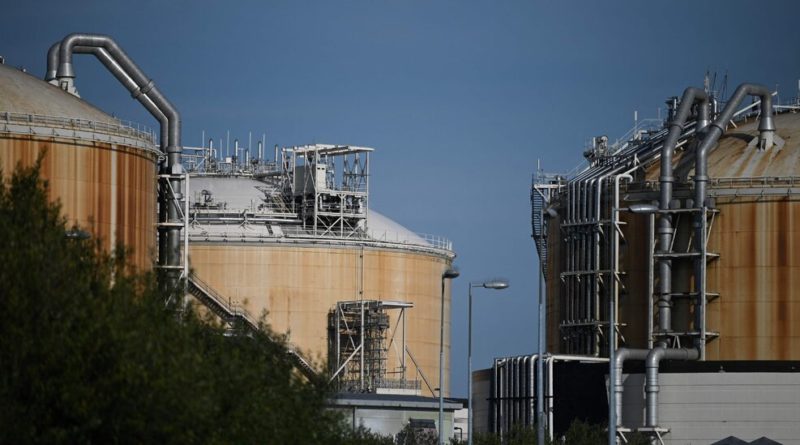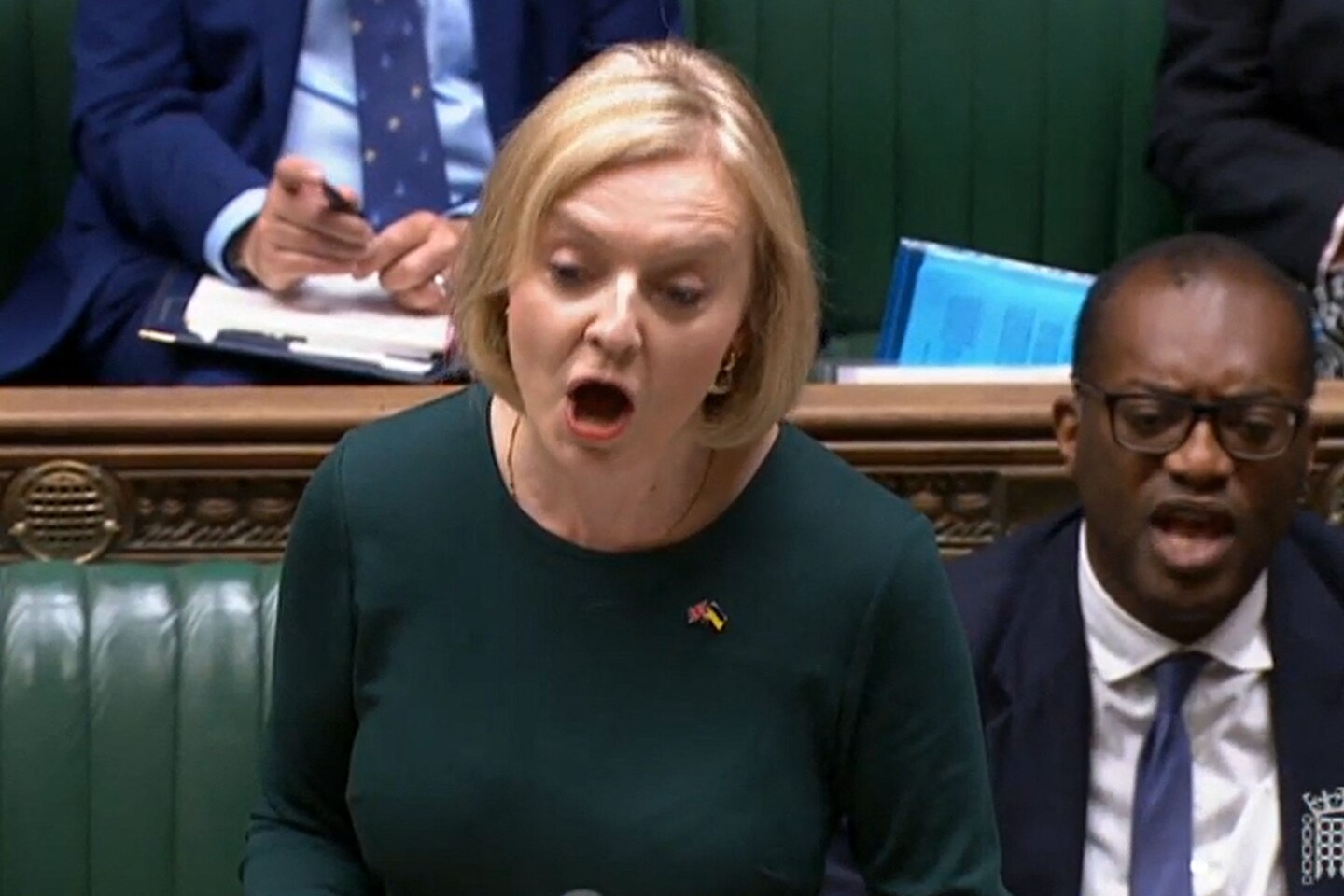What’s Behind the Energy Crunch in Britain and Europe – The New York Times
Energy Disrupter

But shuttering coal plants while the country’s aging nuclear plants are gradually closing has made Britain dependent on gas for around 40 percent of the country’s electricity, far more than any other fuel. (In France, by contrast, nuclear plants provide about 70 percent of electricity.) It hasn’t helped that the breezes that spin Britain’s wind turbines, which generate about 20 percent of the country’s power on average, have been unusually weak in recent months.
Oct. 14, 2021, 3:23 p.m. ET
“That success in climate policy is coming back to bite,” Mr. Gloystein said.
Britain is not yet far enough in its shift to clean energy to escape the sting of leaps in world gas prices.
“We haven’t at this moment really got enough renewables to really punch through,” said Martin Young, a power analyst at Investec, a securities firm. “Gas is typically setting the price.” Britain’s hefty taxes on carbon emissions are also adding to electricity costs, he said.
A fire that knocked out a large cable bringing electric power from France added to the woes. And unlike other European countries, Britain has not invested in gas storage facilities, instead allowing one major such facility to close in 2017.
Are consumers getting any relief?
The soaring wholesale price of electricity is being passed along to homeowners, stretching budgets and forcing governments to intervene. In Spain, the government recently, in effect, said it would take profits earned on electric power generation from wind and solar to compensate consumers for high gas prices.
About 15 million British households were recently hit with energy price increases in the 12 percent range under a government program to cap big jumps in rates. The capped rates are reviewed every six months; the next review, in April, is widely expected to result in a bigger jump.
Another issue facing homeowners: Many electricity suppliers that offered customers low-priced deals have found themselves unable to meet their commitments at current prices. Many of these relatively small companies have collapsed in recent weeks, and the accounts of their estimated 1.7 million customers are being auctioned off to stronger companies. No one will lose power because of these business failures, but ultimately those customers will pay higher rates, and the companies that take on the customers will be able to pass on extra expenses to bill payers.
Original Source: https://www.nytimes.com/2021/10/14/business/energy-environment/britain-europe-energy-gas-shortage.html















